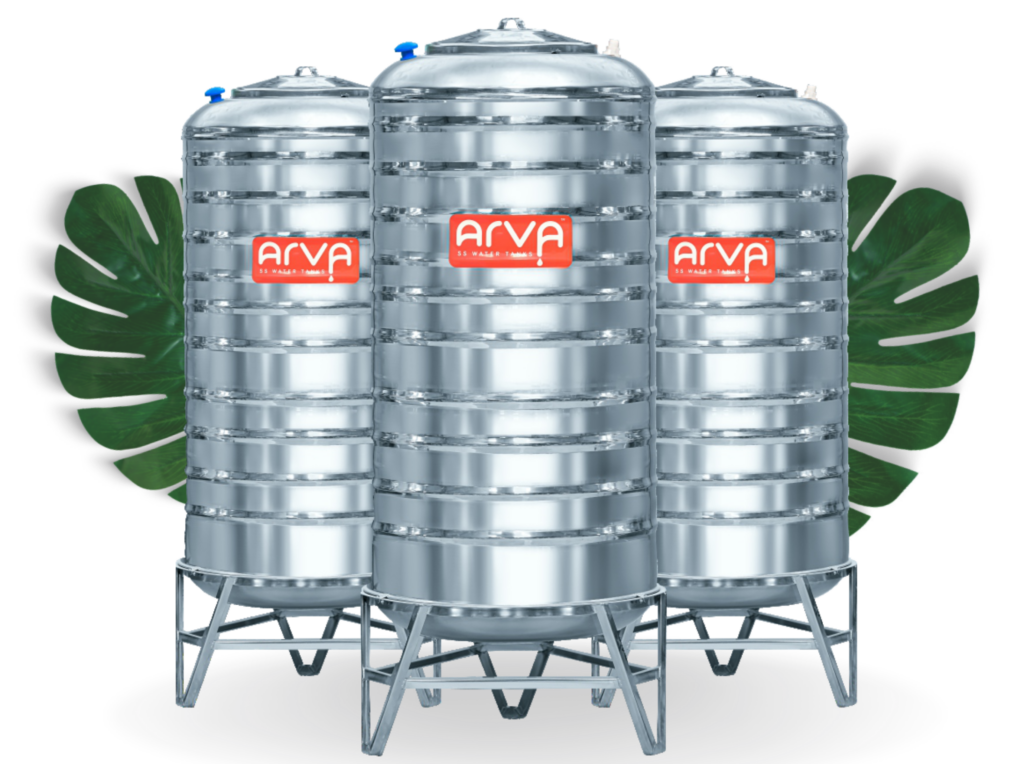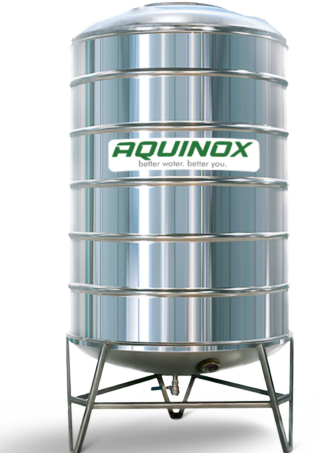
Introduction:
Water is a fundamental resource upon which all forms of existence depend. Whether for drinking, irrigation, or industrial processes, the quality of water plays a critical role in various aspects of health, agriculture, and economy. One significant technological advancement that has emerged to safeguard and enhance water quality is the stainless steel water tank. In recent years, stainless steel tanks have gained popularity due to their numerous advantages, particularly in maintaining hygienic conditions and prolonging the lifespan of stored water. This blog post delves into how stainless steel water tanks play a vital role in improving and sustaining water quality.
The Characteristics of Stainless Steel:
Stainless steel, an alloy primarily composed of iron, chromium, and nickel, possesses distinctive properties that render it an ideal choice for water storage systems. Its resistance to corrosion and rust, high durability, and non-reactive nature with water contribute significantly to improved water quality. Unlike other materials, such as wood, plastic, or even concrete, stainless steel does not leach harmful substances into the stored water. This characteristic is particularly relevant for drinking water, where contaminants can pose serious health risks.
Hygiene and Cleanliness
One of the foremost advantages of stainless steel water tanks lies in their hygienic nature. The smooth, non-porous surface of stainless steel minimizes the accumulation of dirt and contaminants. Stainless steel tanks are easily cleanable, In contrast to tanks made of porous materials, such as concrete, stainless steel tanks can be cleaned effortlessly and frequently without the risk of bacterial growth or mold formation.
Temperature Regulation
Another crucial aspect that stainless steel water tanks contribute to is temperature control. Water quality can be adversely affected by temperature fluctuations; for example, warmer water can promote the growth of algae and other microorganisms. Stainless steel tanks controls temperature, especially when insulated, can effectively mitigate these fluctuations, maintaining a stable temperature for the water stored within. This stability not only preserves the integrity of the stored water but also deters the growth of potentially harmful organisms, ensuring that consumers have access to clean, safe water.

Durability and Longevity
The longevity of water storage systems is paramount, as frequent replacements or repairs can lead to costly expenditures and potential downtimes in water supply. Stainless steel gives long life to the tank. Stainless steel water tanks are intrinsically durable and can last several decades—far surpassing traditional storage solutions. This durability is vital not merely from an economic viewpoint but also in impacting water quality indirectly.
Environmental Resistance
Stainless steel’s inherent properties equip it for enduring a range of environmental conditions, including high levels of humidity, heavy rainfall, and various temperatures. These factors can severely affect the materials used in traditional tanks, leading to corrosion, cracking, and eventual contamination of the water source. Consequently, the resilience of stainless steel tanks helps not only to protect water quality but also minimizes the environmental impact associated with tank replacement and maintenance.
Conclusion:
In summation, stainless steel water tanks provide a myriad of advantages that collectively contribute to improved water quality. Their resistance to corrosion, hygienic characteristics, capacity for temperature regulation, durability, and environmental resilience uniquely position them as a superior option for water storage. As water quality directly influences public health, agriculture, and economic productivity, investing in stainless steel water tanks is a prudent decision for a sustainable future. Not only do these tanks enhance the safety and quality of stored water, but they also pave the way towards a more reliable and efficient water management system. With an increasing global focus on water sustainability and quality, embracing advanced technologies such as stainless steel water tanks is imperative for the well-being of both individuals and communities at large.


